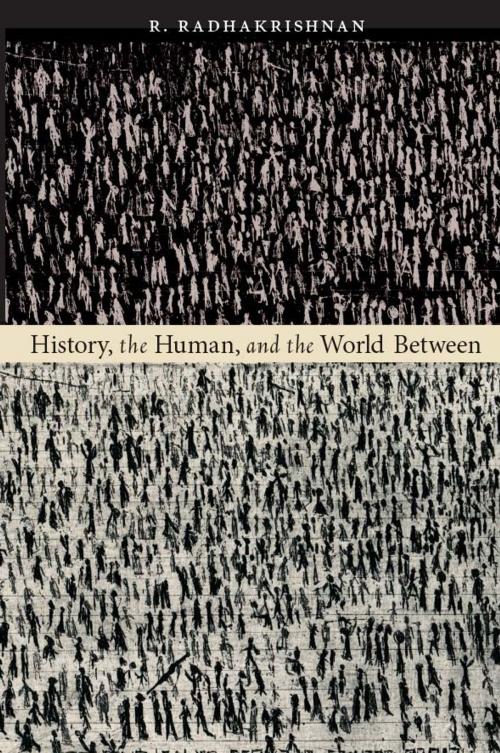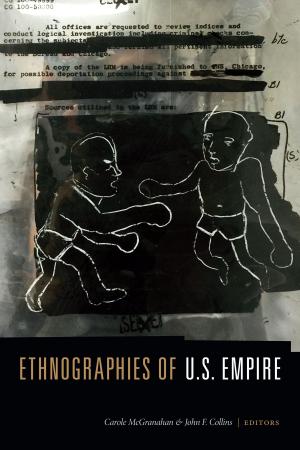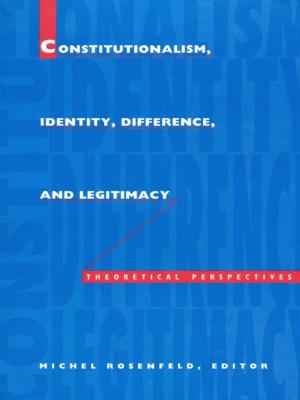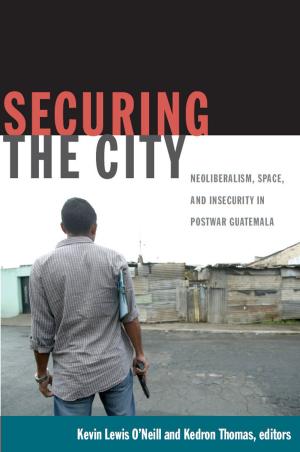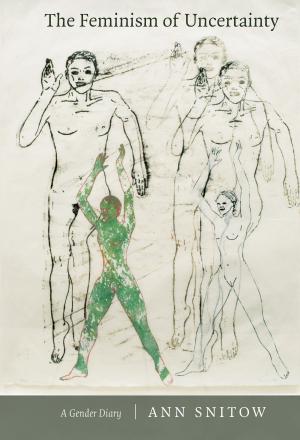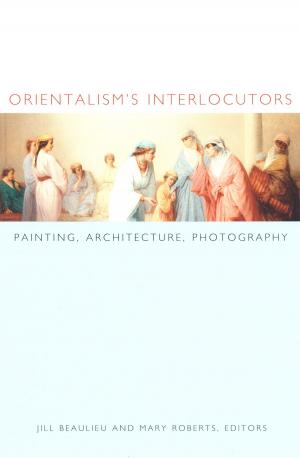History, the Human, and the World Between
Nonfiction, Religion & Spirituality, Philosophy, Phenomenology, Fiction & Literature, Literary Theory & Criticism, Theory, Social & Cultural Studies, Political Science, Politics, History & Theory| Author: | R. Radhakrishnan | ISBN: | 9780822389309 |
| Publisher: | Duke University Press | Publication: | April 14, 2008 |
| Imprint: | Duke University Press Books | Language: | English |
| Author: | R. Radhakrishnan |
| ISBN: | 9780822389309 |
| Publisher: | Duke University Press |
| Publication: | April 14, 2008 |
| Imprint: | Duke University Press Books |
| Language: | English |
History, the Human, and the World Between is a philosophical investigation of the human subject and its simultaneous implication in multiple and often contradictory ways of knowing. The eminent postcolonial theorist R. Radhakrishnan argues that human subjectivity is always constituted “between”: between subjective and objective, temporality and historicity, being and knowing, the ethical and the political, nature and culture, the one and the many, identity and difference, experience and system. In this major study, he suggests that a reconstituted phenomenology has a crucial role to play in mediating between generic modes of knowledge production and an experiential return to life. Keenly appreciative of poststructuralist critiques of phenomenology, Radhakrishnan argues that there is still something profoundly vulnerable at stake in the practice of phenomenology.
Radhakrishnan develops his rationale of the “between” through three linked essays where he locates the terms “world,” “history,” “human,” and “subject” between phenomenology and poststructuralism, and in the process sets forth a nuanced reading of the politics of a gendered postcolonial humanism. Critically juxtaposing the works of thinkers such as Friedrich Nietzsche, Adrienne Rich, Frantz Fanon, Edward Said, Michel Foucault, Maurice Merleau-Ponty, Martin Heidegger, David Harvey, and Ranajit Guha, Radhakrishnan examines the relationship between systems of thought and their worldly situations. History, the Human, and the World Between is a powerful argument for a theoretical perspective that combines the existential urgency of phenomenology with the discursive rigor of poststructuralist practices.
History, the Human, and the World Between is a philosophical investigation of the human subject and its simultaneous implication in multiple and often contradictory ways of knowing. The eminent postcolonial theorist R. Radhakrishnan argues that human subjectivity is always constituted “between”: between subjective and objective, temporality and historicity, being and knowing, the ethical and the political, nature and culture, the one and the many, identity and difference, experience and system. In this major study, he suggests that a reconstituted phenomenology has a crucial role to play in mediating between generic modes of knowledge production and an experiential return to life. Keenly appreciative of poststructuralist critiques of phenomenology, Radhakrishnan argues that there is still something profoundly vulnerable at stake in the practice of phenomenology.
Radhakrishnan develops his rationale of the “between” through three linked essays where he locates the terms “world,” “history,” “human,” and “subject” between phenomenology and poststructuralism, and in the process sets forth a nuanced reading of the politics of a gendered postcolonial humanism. Critically juxtaposing the works of thinkers such as Friedrich Nietzsche, Adrienne Rich, Frantz Fanon, Edward Said, Michel Foucault, Maurice Merleau-Ponty, Martin Heidegger, David Harvey, and Ranajit Guha, Radhakrishnan examines the relationship between systems of thought and their worldly situations. History, the Human, and the World Between is a powerful argument for a theoretical perspective that combines the existential urgency of phenomenology with the discursive rigor of poststructuralist practices.
